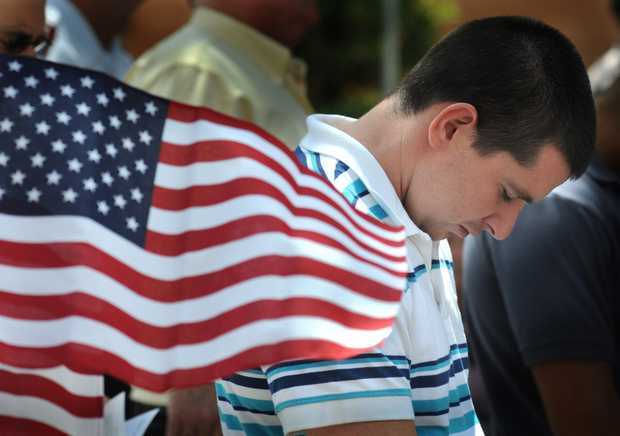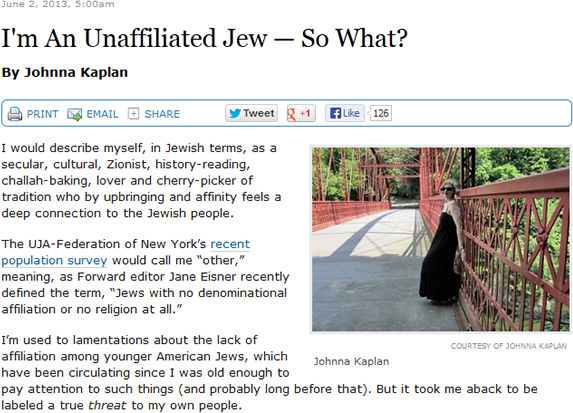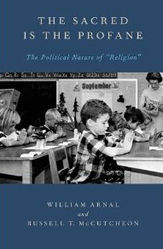 “Sacred” is an adjective; “the Sacred” is a noun. In The Ideology of Religious Studies, Tim Fitzgerald discusses the adjectival use:
“Sacred” is an adjective; “the Sacred” is a noun. In The Ideology of Religious Studies, Tim Fitzgerald discusses the adjectival use:
If by ‘sacred’ we mean those things, ideas, places, people, stories, procedures and principles that empirical groups of people value, deem to be constitutive of their collective identity, or will defend to the death, then it seems likely that we have a relatively meaningful crosscultural concept. (19) Continue reading ““Sacred” and “the Sacred”: False Cognates”


 Russell McCutcheon, along with his co-author
Russell McCutcheon, along with his co-author 

 So writes
So writes